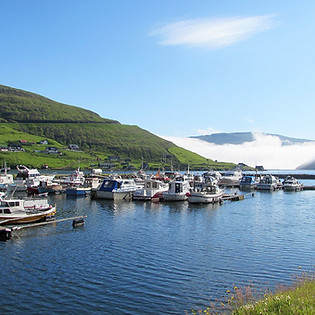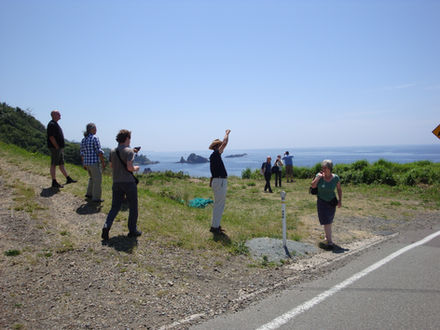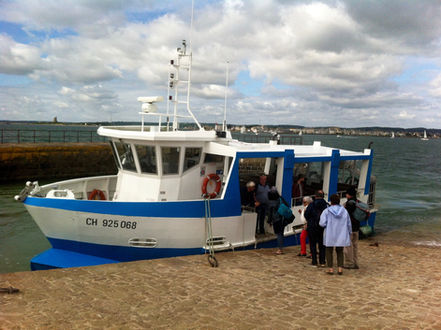

About SICRI
SICRI was initially established by Professors Philip Hayward and Danny Long in 2004 to facilitate communication and collaboration between researchers and cultural practitioners working with small island communities.
SICRI’s principal aim is to research and assist the maintenance and development of the language, literature, music, dance, folkloric, media and material cultures of small island communities. It aims to identify potential research partners and appropriate strategies and funding sources to benefit small island cultures and those researching them.
Key to SICRI’s activities is the principle that external researchers should develop their projects in consultation with island communities and should reciprocate such co-operation with appropriate assistance and facilitation of local cultural initiatives.
SICRI operates with reference to broader concepts of cultural heritage [see UNESCO, 2003: What is Cultural Heritage and Types of Cultural Heritage]; consideration of island communities as (simultaneously) isolated and connected; and is concerned to address the impacts and potentials offered by tourism.
"The term ‘cultural heritage' has not always meant the same thing. Recent decades have seen the concept of heritage—much like that of culture— undergoing a profound change. Having at one time referred exclusively to the monumental remains of cultures, heritage as a concept has gradually come to include new categories such as the intangible, ethnographic or industrial heritage. A noteworthy effort was subsequently made to extend the conceptualization and description of the intangible heritage. This is due to the fact that closer attention is now being paid to humankind, the dramatic arts, languages and traditional music, as well as to the informational, spiritual and philosophical systems upon which creations are based.The concept of heritage in our time accordingly is an open one, reflecting living culture every bit as much as that of the past." (UNESCO 2003)
According to UNESCO, “intangible cultural heritage” (ICH) is important in safeguarding cultural diversity in the age of globalisation. It is “transmitted from generation to generation, is constantly recreated by communities and
groups, and provides them with a sense of identity and continuity, thus promoting respect for cultural diversity and human creativity.” (ich.unesco.org <http://ich.unesco.org>, 2021)
Along with tangible and intangible culture, we are adding natural heritage (including culturally significant landscapes, and biodiversity).
Material culture refers to tangible remains (artefacts, buildings, sites, etc.) but also to the social relations they embody and which we strive to understand.
Since its inception in 2004, SICRI has since organized sixteen Island Studies International Conferences (ISIC) with hosting institutions, organizations and local authorities in small islands around the world including: Kagoshima (2005), Norfolk Island (2006), Prince Edward Island (2007), Korppoo,Turku Archipelago (2008), Sado Island (2009), Guernsey Island (2010), Airlie Beach, Whitsundays Queensland (2011), Nova Scotia (2012), Kei Islands (2013), Fernando de Noronha Archipelago (2014), Gozo Island (2015), Okinawa (2016), St John Newfoundland (2017), Tatihou Island (2018), Jamaica (2019), Shettlands (2022) and Miyajima (2023). The Hawaii conference (2020) and Barra Island (2021) events were canceled due to Covid-19.
SICRI is actively seeking collaboration with institutions, research centers and local island organizations that can advance its mission. In particular we are looking for partners to host, sponsor and facilitate future ISIC and other events, including one day symposia and workshops, and research and co-publishing projects.
SICRI is also welcoming submissions of interest from small island research collectives that seek a platform to host a record of their activities, including for instance publications, project reports, audiovisual material etc.
For more on information on SICRI's structure go to: Convenors and Advisory Board, Partnerships & Collaborations and Initiatives.

























